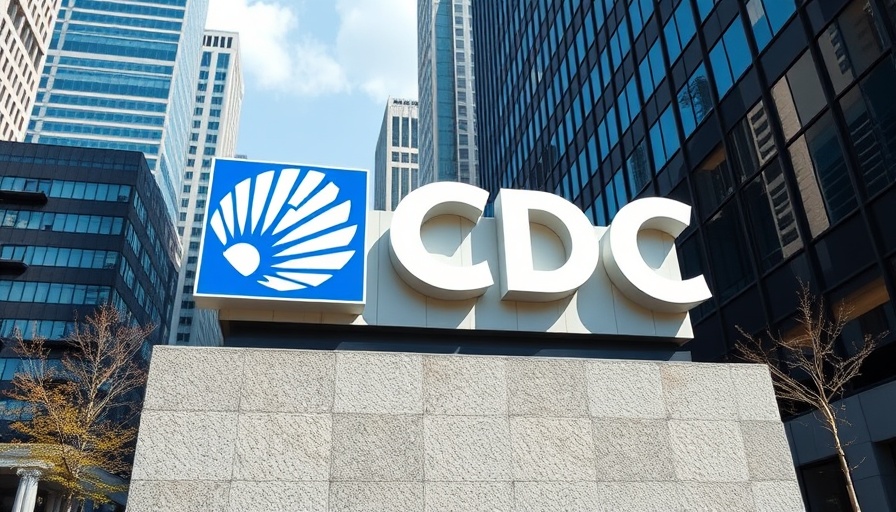
CDC's Complicated Relationship with Trust
The Centers for Disease Control and Prevention (CDC) is supposedly the gold standard for public health, hailed for its unbiased guidance. Yet, recent discussions surrounding vaccine safety raise critical questions: Where does this perceived dishonesty originate?
Fundamentally, the heavy promotion of vaccines hinges on the narrative that they provide immense benefits without any accompanying risks. However, cases of vaccine injuries have surfaced, suggesting that the promotion may be at odds with reality. Senator Ron Johnson’s Senate hearing is a significant moment where individuals with vaccine injuries shared their experiences, highlighting a concerning disparity between public perception and lived experience.
The Funding Dilemma: Trust vs. Transparency
One alarming trend is the CDC's financial ties to the pharmaceutical industry, which cast shadows over its impartiality. Investigations into these financial dealings have received little traction, reinforcing skepticism among those who question the agency's integrity. With CDC employees and lawmakers pushing for inquiries, it seems efforts to expose conflicts of interest are often ignored or minimized. This leads to a vital inquiry into whether the agency prioritizes public safety or financial relationships.
The Role of Experts: Are They Truly Impartial?
When vaccine recommendations come from panels of experts, the potential for bias raises concern. The CDC has often been accused of handing over its advisory roles to individuals influenced by industry funding. However, the recent transition of advisory roles to scientists without conflicts of interest, such as RFK Jr.'s new appointees, suggests a shift towards greater accountability. This raises questions: Can the past be overcome through new leadership policies?
A Prevailing Sense of Distrust
As people become increasingly aware of vested interests, skepticism grows. Reflections on the public's perception of COVID vaccination announcements reveal a widespread belief that vital questions remained unanswered. The CDC’s mixed messages contribute to this atmosphere of distrust. A recent ACIP meeting showcased an agency bolstered by assurances yet mired in uncertainties—undeniably a troubling combination for the public eye.
The Complexity of Government Operations
The conundrum deepens as we consider whether these issues stem from intentional deceptions or are simply symptoms of an ever-expanding bureaucracy. Experts frequently emphasize that within growing government structures, competing factions emerge, each prioritizing self-interest. Such dynamics could explain the propensity for stunts, like declaring public health crises, to secure funding—an alarming practice that can compromise the integrity of health messaging.
The Emergence of Public Distrust: A Reflection on History
Historically, public health agencies have relied on trust. However, as transparency decreases and conflicts of interest surface, public confidence wavers. A 1983 law permitting the CDC to accept unconditional gifts highlights a long-standing tradition of coupling health advisories with financial interests—a correlation that raises eyebrows and demands scrutiny.
Future Insights: Rebuilding Trust
What lies ahead for the CDC and public health communication? The challenge will be to rebuild trust through transparency and accountability. The clear need for candid discussions regarding vaccine safety and efficacy must take precedence, encouraging public dialogue that respects the perspectives of those who have experienced adverse effects. The road towards regaining credibility is fraught with hurdles but is essential for public health moving forward.
Call to Action: Advocating for Accountability
As consumers of health information, it’s vital to keep asking questions and demand transparency from our public health agencies. Holding the CDC accountable can inspire a shift towards genuine reform, promoting a future where health recommendations are rooted in trust and forthrightness instead of conflicts.
 Add Row
Add Row  Add
Add 




Write A Comment